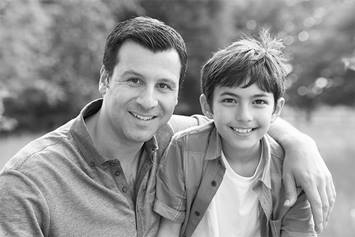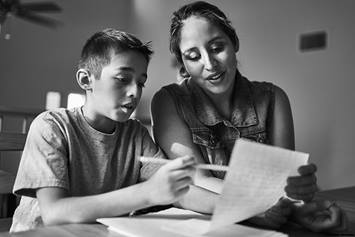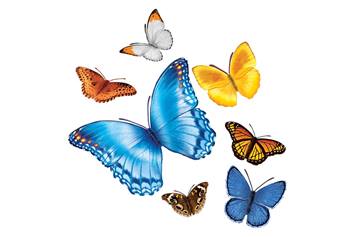For Families
Big Lots Behavioral Health Services at Nationwide Children's Hospital offers a wide range of comprehensive services to address the behavioral, psychiatric and psychological needs of children, adolescents and their families.
We hope these resources will help your family as you begin to work with us to meet the needs of your child.























